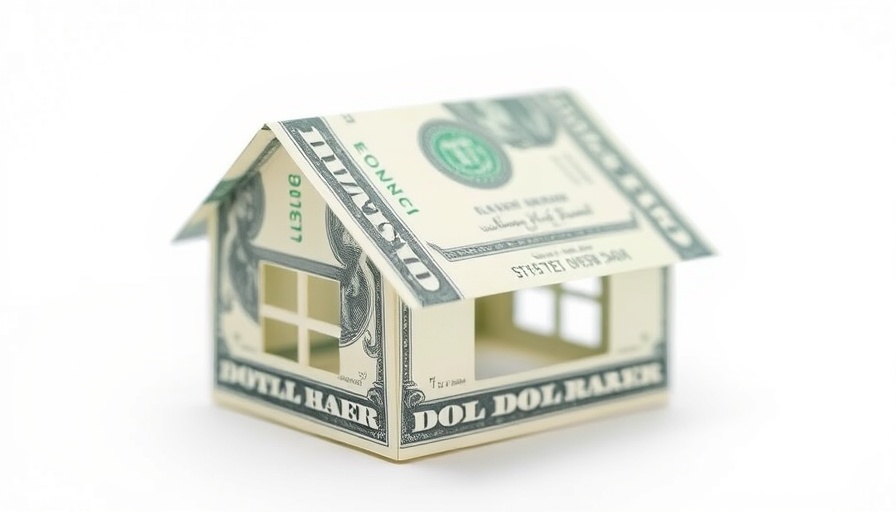
Understanding the Stability of Home Values in Uncertain Times
In today's unpredictable economic landscape, where the stock market often feels like a rollercoaster ride, homeowners might be feeling the burden of uncertainty on their finances. However, it is important to remember that while stocks are famously volatile, home values tend to demonstrate remarkable stability. According to Investopedia, often "stocks have been far more volatile than real estate," which means that even if your investments fluctuate dramatically, your home is likely to hold its value much more consistently.
Tracking Market Trends: Home Prices vs. Stock Market Swings
To illustrate this concept, let's consider the historical trends we've observed. During periods of stock market downturns, like those witnessed in the financial crisis of 2008, we saw a notable drop in home prices. However, this was largely an anomaly caused by reckless lending practices, subprime mortgages, and an oversupply of homes—factors that don't plague today’s real estate market.
In fact, while stock prices can plummet by more than 30% in a single year, home prices tend to evolve slowly over time. Evidence shows that typically, home values either increase during stock market dips or remain stable, reaffirming the idea that real estate is a solid long-term investment.
Why Homeownership is a Safer Investment
Unlike stocks, which fluctuate dramatically, real estate provides a level of security and steadiness to homeowners. There is comfort in knowing that your home is likely not going to experience the same dramatic financial rollercoaster. When you invest in real estate, you are investing in something that has historically demonstrated resilience, even in challenging economic conditions.
For homeowners, this reality cannot be overstated; as many are feeling anxious about their financial portfolios, knowing that their homes are likely to maintain their value can be a significant relief. Even amidst economic uncertainty, homeownership often proves to be a rewarding long-term strategy.
The Bigger Picture: A Long-Term View of Real Estate Investment
A large part of what makes real estate appealing lies in its tendency to appreciate value over time. Historical trends reveal that, apart from rare exceptions, the trajectory for home values has been upward. Consequently, homeowners not only protect themselves against market volatility but also often see their investments grow substantially over the years.
The world of real estate is constantly evolving, and homeowners who engage with their property—whether through renovations or improvements—tend to maximize their investment yield. Additionally, even minor enhancements to a home can result in significant financial appreciation. Thus, homeowners can embrace this knowledge to proactively foster their property's value while securing a stable financial future.
Conclusion: A Secure Investment Amidst Economic Turbulence
While the stock market can send us on twists and turns, it’s essential to recognize the consistent performance of home values. As a homeowner, feeling secure in your investment amidst economic changes can alleviate stress and encourage thoughtful financial planning for the future. If you are considering entering the housing market or investing further in your property, remember: real estate remains one of the most reliable avenues for building wealth over time.
 Add Row
Add Row  Add
Add 




Write A Comment